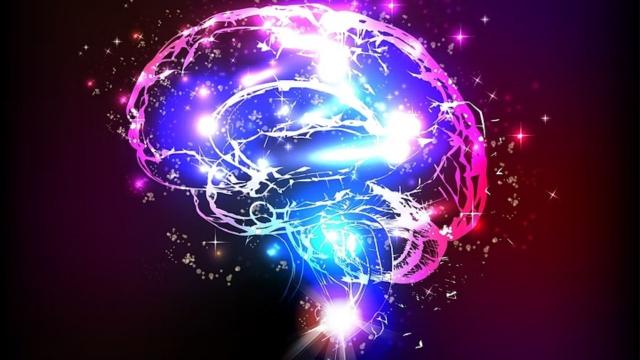Australian researchers are working on a wireless neuro-stimulator to treat neurological disorders like Parkinson’s and chronic depression.
The project is a collaboration between researchers from the University of Queensland, Neurosciences Queensland and Abbott Neuromodulation, involving a remote care platform, allowing patients to be treated “from anywhere in the world”.
“By creating the world’s first integrated and completely wireless remote care platform, we have removed the need for patients to see their doctor in person to have their device adjusted,” says Professor Silburn from the Queensland Brain Institute, a wing of the University of Queensland that focuses on neurosciences.
“We have shown that it is possible to minimise disruption to patients’ and carers’ lifestyles by increasing accessibility to the service, saving time and money.”
Neurological disorders often cause abnormalities in the nerves, brain or spinal cord, as pointed out by the World Health Organization. They can be caused by head trauma, malnutrition or tumours. As Mayo Clinic says, such disorders can lead to paralysis, muscle weakness, loss of balance and sensation, seizures, loss of consciousness and difficulty swallowing.
With those symptoms understood, know that it can be quite difficult to treat a person with a neurological disorder, especially if leaving the home isn’t an easy option.
That’s where this new treatment comes in. It involves inserting electrodes into the brain, with stimulation applied to the brain by a pacemaker, altering its function. This is the neuro-stimulator.
It also involves a digital platform where clinicians will be able to monitor patients remotely, allowing them to treat symptoms in real-time and adjust the device without being in the room. The platform would inform data-driven clinical decisions and would allow for more personalised treatment.
“There are no cures for many of these conditions which often require life-long treatment and care, so for those people the device would be a game-changer,” added Silburn.
With a limited market release, involving 858 remote care sessions, the trial reported a high, 93 per cent success rate. It launched in October last year with regulatory approval. It has also been adopted in the U.S. and in Europe.
Though the technology has been in the works since before the COVID-19 pandemic, the team says that a focus on remote care highlighted the importance of treatment improvements like this. The team has confidence that the technology could be adapted for many other conditions in the future.
“As we discover more about the biomarkers in brain-related disorders, we will refine neuromodulation systems to improve treatment for neuropsychiatric disorders like depression, obsessive-compulsive disorder, anorexia, and Tourette’s syndrome, to name a just a few,” Professor Silburn continued.
You can read about the neuro-stimulator study in Nature Scientific Reports.
